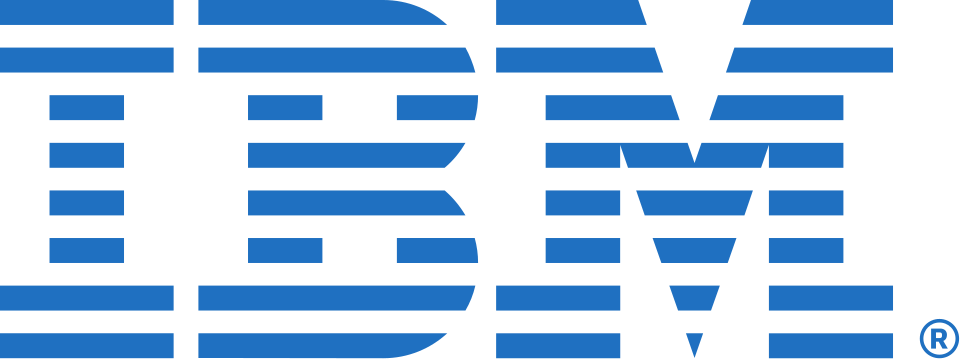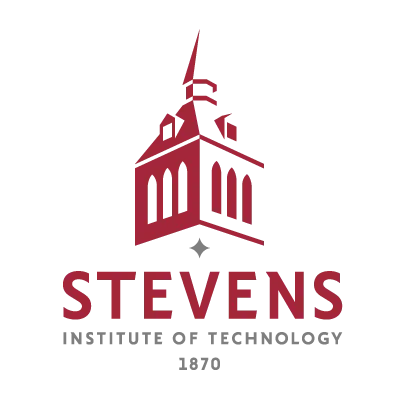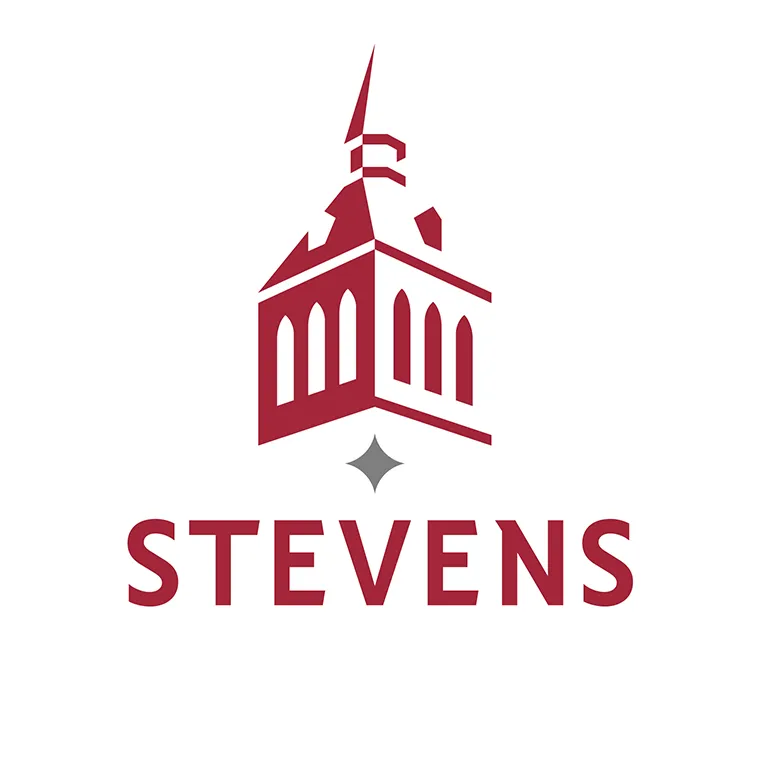Program Overview
The AI revolution demands professionals who can build and deploy intelligent systems. The M.Eng. in Applied Data Science from Stevens prepares you to lead in the AI age—from training large language models (LLMs) to deploying production-ready machine learning systems.
Through a curriculum grounded in engineering rigor and real-world application, you'll master AI model design, LLM fine-tuning, MLOps, and scalable data architectures. Learn to build end-to-end AI solutions: from data pipelines and feature engineering to model deployment and monitoring in production environments.
This program bridges engineering precision with AI-driven innovation. You'll work with cutting-edge tools—PyTorch, TensorFlow, Hugging Face, cloud AI platforms—and learn to operationalize AI responsibly with ethics, explainability, and governance built in.
Program at a Glance:
- Format: 100% Online
- Duration: 1 to 2 years (30 credits)
- Focus: Applied AI, Machine Learning, LLMs & MLOps
- Accreditation: Middle States Commission on Higher Education
Key Skills Developed:
Term Start Date
Spring II 2026: March 17, 2026
Overview
- 30 Credit Hours
- 10 Courses
- 100% Online
- 1 to 2 Years Completion Time*
- Integrated data science and engineering curriculum
- Real-world capstone project
*Total time to complete the program may vary based on the number of credits taken each semester.
100%
Online
Hands-On
Projects
Industry
Focused
By the Numbers
#12
For Best Career Placement
Ranked No. 12 on The Princeton Review's 'Top 20 Best Career Placement' list (2025).
Top 15
For ROI
Stevens ranks among the top 15 in the nation for ROI, according to U.S. News & World Report (2025).
99%
Employment
99% of MSCS graduates in the Class of 2023 accepted job offers within three months of graduating.
#15
For Best Value
Payscale (2024).
7x
Winner
U.S. Distance Learning Association's 21st Century Award for Best Practices in Distance Learning.
Career Outlook
Turn complex data into competitive advantage. Data scientists and AI engineers remain among the fastest-growing and highest-paid roles globally. With expertise in machine learning, big data, and visualization, Stevens graduates are prepared to lead analytics initiatives, guide strategy, and drive measurable impact.
Potential Roles:
- Data Scientist
- Machine Learning Engineer
- AI Systems Architect
- Data Visualization Specialist
- Quantitative Analyst
- Business Intelligence Engineer
What You Will Learn
Mathematics & Foundations
Students develop the core mathematical and statistical tools that underpin modern data science. The focus is on linear algebra, calculus, and optimization for modeling complex systems, as well as forecasting methods for time-dependent data.
You'll learn to:
- Apply concepts from multivariable calculus and linear algebra-such as vector spaces, eigenvalues, and matrix decompositions-to model and analyze data
- Use optimization and numerical methods to solve applied data science problems
- Conduct time series analysis using ARMA, ARIMA, and related models to forecast trends and interpret temporal data
Programming & Systems
You'll learn to:
- Program in Python, R, and SQL while leveraging technologies such as TensorFlow, Spark, and Tableau for analytics and visualization
- Design and manage data warehouses, architecture models, and ETL pipelines for business intelligence systems
- Implement scalable big data solutions using distributed computing and cloud-based platforms like Dataiku and Spark
Machine Learning & AI
You'll learn to:
- Apply core machine learning methods such as regression, classification, clustering, and dimensionality reduction using Python libraries
- Design and train neural networks and deep learning architectures including CNNs, RNNs, and attention-based models
- Experiment with generative AI and augmented intelligence through prompt engineering and large language models
- Evaluate and manage AI systems ethically, addressing issues of fairness, transparency, and compliance in enterprise contexts
Data Visualization & Communication
You'll learn to:
- Build visualizations and dashboards using Tableau, Power BI, Julius.ai, Python, and R
- Apply principles of perceptual design and ethical visualization to ensure clarity and integrity in data storytelling
- Communicate analytical findings effectively for both technical and business audiences
Applied Analytics & Business Intelligence
You'll learn to:
- Conduct marketing and operational analytics to model customer behavior, optimize campaigns, and measure business performance
- Apply web and text mining techniques-including scraping, clustering, and recommender systems-to extract insights from large-scale data sources
- Implement data governance, security, and risk management practices to ensure trustworthy analytics across enterprise environments
Where Stevens Alumni Work
Our graduates join leading organizations across technology, finance, healthcare, and consulting
.svg.png)





Why Choose Stevens?
Innovation Meets Integrity
- Curriculum bridges engineering precision with AI-driven innovation.
- Learn from faculty shaping industry practice in AI ethics, big data, and machine learning.
- Apply your skills through hands-on projects and real-world case studies.
- Benefit from a flexible, asynchronous online experience built for working professionals.
- Join a network of Stevens alumni leading at companies like Google, Deloitte, JPMorgan Chase, IBM, and Meta.
Program Curriculum
TERM 1 - Foundations
Term 2 - Advanced Techniques
Term 3 - Capstone & Specialization
Sample Electives
Sample electives available to customize your degree - *actual elective list will be available in Spring:
Note: Actual course order may vary based on term availability.
Meet the Faculty
Our faculty are experienced educators and active researchers who offer industry insights.
Application Option
Fast-track your application with our new Accelerated App designed for busy professionals. The Accelerated App gets you started immediately:
- Recommendation Letters: Not Required
- Proof of Bachelor's Degree: Upload copy of transcripts
- Professional Background: Upload your résumé or link your LinkedIn profile
Official transcripts will be due within one year of enrollment. Stevens may request additional documentation if needed.
Key Dates & Deadlines
Plan your application for the upcoming Spring 2026 term.
| Term | Early Submit | Priority Submit | Final Submit | Start of Classes |
|---|---|---|---|---|
| Spring II 2026 | January 31, 2026 Deposit Waiver* and Application Fee Waiver Available. | March 1, 2026 Application Fee Waiver Available and Early Application Review. | March 7, 2026 | March 17, 2026 |
*Applicants who apply by the early submit deadline and are admitted may be eligible for a $250 deposit waiver. Other conditions may apply.
Tuition & Financial Aid
Per Credit
Total Program Cost
Exceptional Value for a Top-Tier AI & Data Science Degree
At $800 per credit ($24,000 total for 30 credits), the M.Eng. in Applied Data Science represents outstanding value for a graduate engineering degree from a top-ranked institution.
💡 Strong Return on Investment
Data science professionals earn a median salary of $130,000+, with machine learning engineers earning even more. Your Stevens degree typically pays for itself within the first 1-2 years of graduation through increased earning potential.
💼 Financial Aid & Funding Options
Financial aid, grants, corporate discounts, and scholarships are available to help make your Stevens education more affordable. Many students receive funding support to reduce their out-of-pocket costs.
Apply by the priority deadline (March 1, 2026) to maximize your funding opportunities.
Tuition based on Spring & Summer 2026 rates. Tuition and fees are subject to change annually.
On-Demand Content
At Stevens, we host a variety of events for prospective and current students covering topics such as application strategy, program information, the student experience and our online platform. Our on-demand content is instantly available, so you can watch at your convenience.




